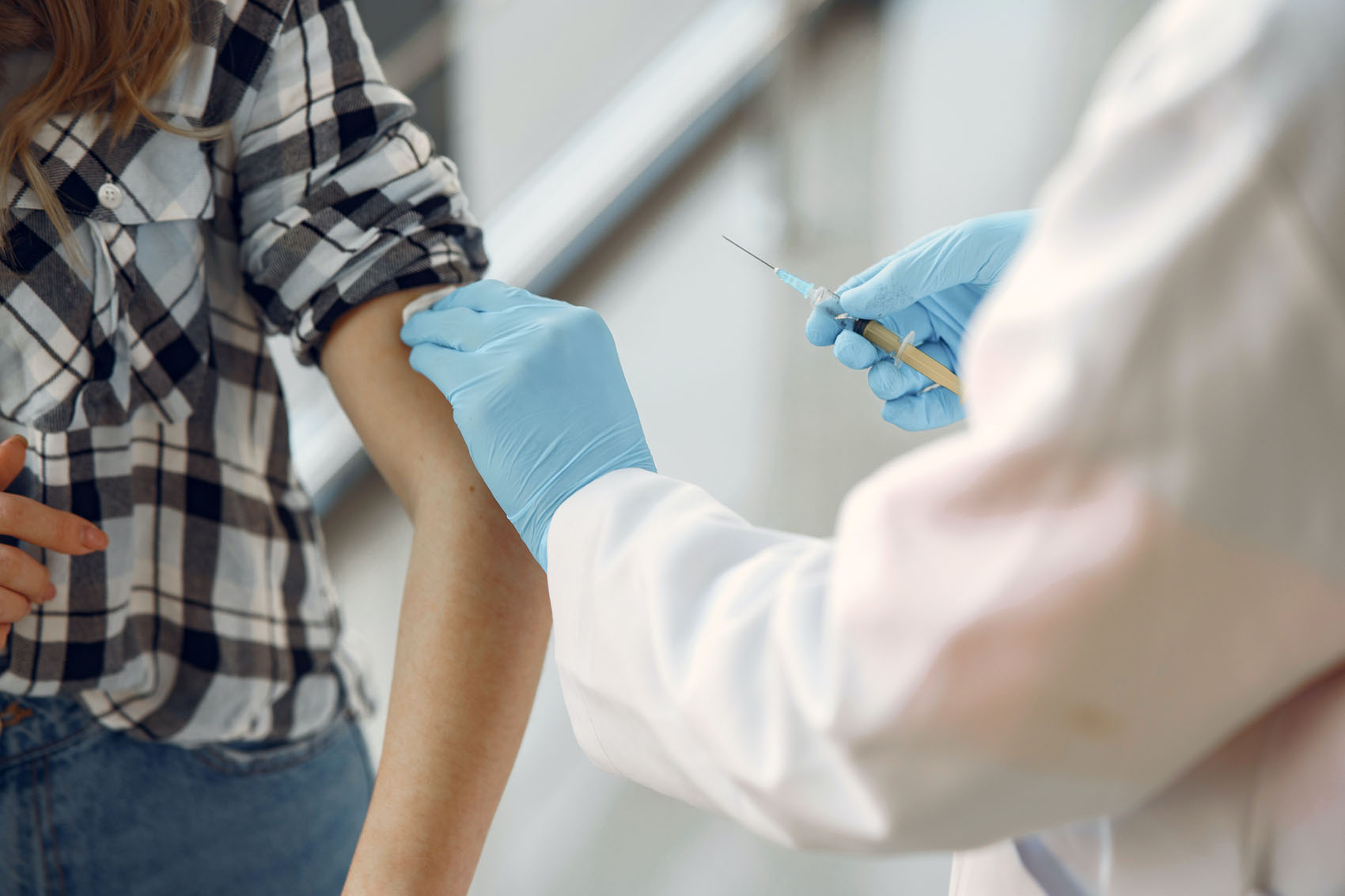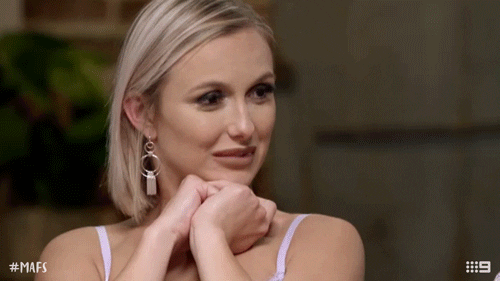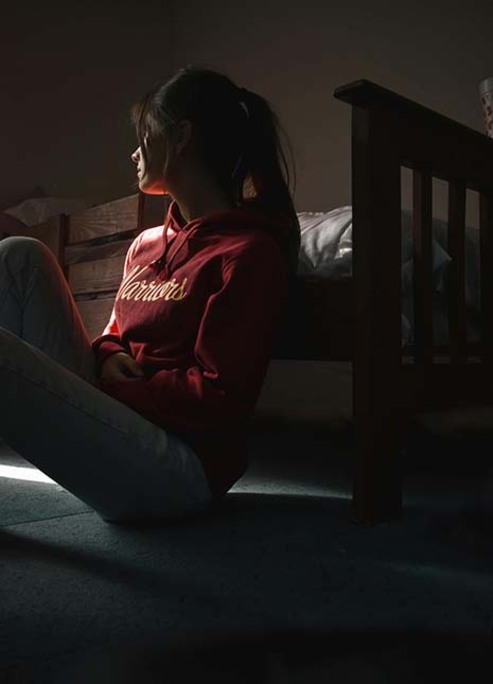
Trypanophobia: What The Experts Say
The Covid-19 vaccine is crucial in ending the pandemic.
If you’ve been paying attention to the news recently, you’ll be aware of the developments in the Covid-19 vaccines worldwide. But for some, the idea of receiving a vaccination is unthinkable. Not necessarily because they’ve made a choice against vaccinations- but because it involves needles.
According to the Centre for Disease Control, 25% of American adults are afraid of needles. Known as trypanophobia, it is categorized by Healthline as “an extreme fear of medical procedures involving injections or hypodermic needles”. Although children can be more susceptible to a fear of needles, it follows some into adulthood.

If you experience a fear of needles, you might be wondering why you feel this way. Turns out, there is no conclusive evidence as to why some people experience phobias while others don’t. Research suggests that changes in brain chemistry, trauma, or general personality sensitivity can be culprits for developing trypanophobia. Some have suggested that we have a natural instinct to protect ourselves from danger (like skin being pierced), and that it’s natural that this flares up occasionally.
If you’re hoping to banish your nausea over needles, you’ve come to the right place. We’ve compiled the top tips from psychiatrist Dr Michael D. McGee about how to deal with needle fear.
- Take the cognitive approach
Dr McGee advises preparing yourself for the needle by thinking through the process and considering the alternative: “Remind yourself that a needle is painful for a second but when you process and fully understand what the suffering would be like if you did not get the injection, it can help you be more realistic.” Imagining yourself walking through the situation, and focusing on how relieved you’ll feel afterward, could help to relieve anxieties.
- Ask about reducing discomfort
Don’t be afraid to speak to the person injecting you about numbing the area. Dr McGee says that numbing sprays or creams can help to reduce the pain of a needle. This may also help you feel better about attending the appointment in the first place.
- Engage your imagination
Have you ever turned to your happy place to calm down when your boss won’t stop bombarding you with work, or you’re dealing with a difficult customer service situation? According to Dr McGee, this same technique could be highly effective in getting you through an injection: “Visualize yourself being in a comfortable place,” he advises. “Don’t make your fear an enemy but treat the injection as something that in the end will make you more comfortable.” He also recommends mindfulness and meditation before your appointment, to have your body and mind relaxed and ready.
Each of us can experience phobias differently. It’s important to get in touch with your doctor if you feel that any phobia is taking control of your life. There’s also good news for anyone still feeling queasy about getting the Covid-19 vaccine- it’s been reported that needle-free vaccine alternatives are in the works, including band aid-like patches and oral tablets.
Until then, remember to go easy on yourself. Living through a pandemic (and its mass effects) is no easy feat.











